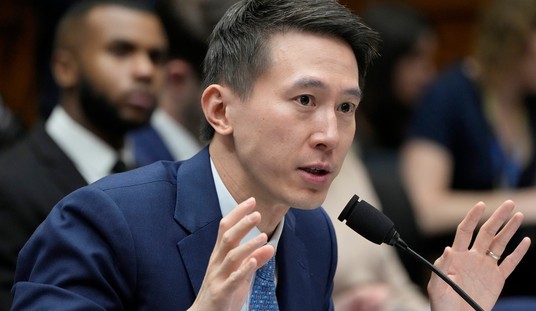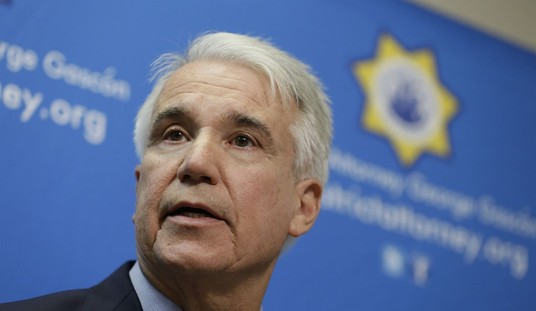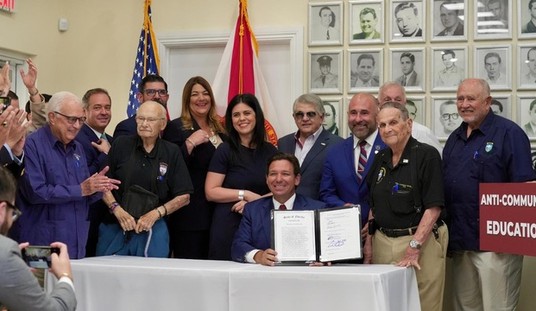After Black Friday and Small Business Saturday comes Cyber Monday, a day when everyone is supposed to completely fail to rush out to any local stores and, instead, let their fingers do the shopping on their laptops. But as Politico reports, shoppers in a few states who visit Amazon will be in for an unpleasant surprise.
For the first time since the dawn of e-commerce, residents in California, Texas and Pennsylvania will be automatically charged state sales tax at the checkout on Amazon and some other online retail websites. Next year, Virginia and New Jersey residents will join them, followed by residents of Nevada, Indiana and Tennessee in January 2014.
Amazon pulled in $17.45 billion in the fourth quarter last year, or 36 percent of its annual revenue. Critics have argued that Amazon has become one of the top retailers in the country by undercutting them among consumers who knew they could go to the online retailer to avoid as much as 9 percent in sales tax. Amazon disputes the claim.
That makes eight states in the next year or so, and it’s difficult to imagine the tide turning in the other direction. Both Amazon and Wal-mart have been lobbying for the Marketplace Fairness Act in one form or another this year. They will probably be joined by a number of other retailers who do business both in cyberspace and their brick and mortar stores. One example is Lowe’s:
“We lose sales every day — not just on Black Friday — but any time we compete or try to compete on an unfair playing field,” said Scott Mason, vice president of government affairs for Lowe’s, the home improvement chain, which has Black Friday specials on everything from cordless drills to vacuums to artificial Christmas trees. Lowes.com collects sales tax from shoppers in every state that has a sales tax and where the company operates stores and warehouses. “It’s absolutely a position of disadvantage.”
It’s a losing formula to try to talk to conservatives about anything that involves more taxes of any kind, even under the best of circumstances. And when I first heard about this concept of “leveling the playing field’ in terms of sales taxes, I was dubious myself. But like it or not, there are some historical roots in this idea. The original concept of not charging sales tax for online sales came solely from the government expressing an interest in getting people used to the idea of shopping online. It was intended to grow confidence in the computer age for people who were initially suspicious of it. There was never any underlying legal assumption that sales which would otherwise normally be subject to taxation were somehow constitutionally exempt because of this new method of conducting the transactions.
Online commerce is alive and well, and in all honestly likely doesn’t need any preferential treatment to carry on and compete. In fact, some folks are already casting a jaundiced eye on the idea of needing a Cyber Monday at all.
These days, many people are not only warming to shopping on their desktop computers, but also making purchases on their mobile devices. And early indications are that online shoppers aren’t waiting for Monday.
According to payments company, PayPal, on Thanksgiving Day alone, the company saw global mobile payment volume increase 173 percent compared to the holiday last year. The number of global customers who shopped through PayPal mobile increased 164 percent compared to Thanksgiving last year.
Online shopping still holds plenty of attractions and advantages over traditional brick and mortar purchasing. There is the convenience of not having to leave home – and potentially be trampled – to get your gifts. You can also browse multiple retailers at the same time to find the best price rather than just seeing the cost at one store. And the variety of available options will always be massively wider on the web than in the largest box store. Giving them another leg up by cutting prices through not collecting the same sales taxes any other retailer in the same state does seems more than a bit unfair. And no, I’m not any more happy about it than you are.
Update: A reader sends in a link to this, regarding some recent polling showing unanticipated public support for evening sales taxes on online transactions.
The ICSC national poll identified a number of key findings, including:
-59% of respondents support the Congressional effort to require online retailers to collect sales tax at the point-of-purchase, up three percentage points since May.
– 71% of consumers are motivated to shop locally because 68 cents of every dollar spent at a locally-owned retailer stays in the community.
– 82% of consumers who support federal legislation do so because “common sense dictates that if you buy a product online you should pay the same sales tax as if you had bought the same product in a store.”When told that 68 cents of every dollar spent at a locally-owned retailer stay in the community, seven in 10 Americans opt to shop at local brick-and-mortar stores. “Local retailers invest in their communities and play a significant role in the overall quality of life in the places we call home,” said Betsy Laird, senior vice president of global public policy. “This is clearly an issue that matters to consumers, and we are working closely with Congress to get the bills passed and signed into law this year,” added Laird.








Join the conversation as a VIP Member